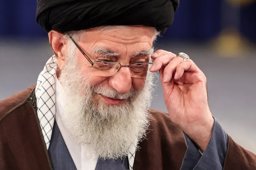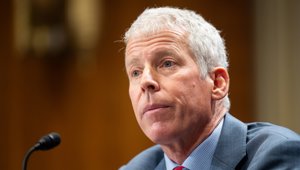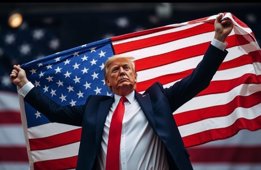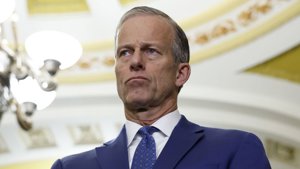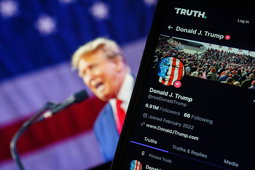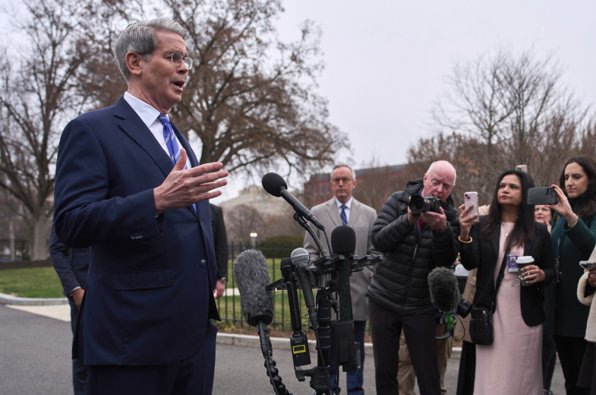
Trump Leads Trade Talks, Criticizes China Tariffs
United States Treasury Secretary Scott Bessent announced on Tuesday that President Donald Trump will take a direct role in trade negotiations with key partners amid growing global tariff tensions. Bessent stated that Trump’s involvement is driven not by market selloffs, but by “massive inbound calls” from countries impacted by the United States’ recent tariff measures.
Speaking to CNBC, Bessent revealed that the administration is currently discussing which countries should be prioritized in trade talks and is open to striking “good deals” if presented with “solid proposals.” The negotiations, he emphasized, are wide-ranging and include discussions on the European Union’s value-added tax (VAT), which the US views as a significant non-tariff trade barrier.
“Everything is on the table,” Bessent said, referring to ongoing considerations surrounding global trade systems. He suggested that the US is willing to address structural imbalances and barriers it perceives as unfair to American exporters and producers.
Bessent also strongly criticized China’s decision to impose a retaliatory 34% tariff on US goods, calling it a “big mistake.” He asserted that Beijing’s move is strategically flawed, stating, “They’re playing with a pair of twos.” According to Bessent, the imbalance in trade flows between the two nations makes China more vulnerable, as the US exports only one-fifth to China of what it imports from them.
China had earlier declared it would “fight to the end” in response to Trump’s threat of an additional 50% tariff on Chinese imports. The Chinese retaliation, which adds to an already imposed 34% levy, is scheduled to take effect tomorrow. Despite the rising tensions, the US appears committed to keeping negotiation channels open, while maintaining a firm stance on trade imbalances and structural concerns.
The developments mark a critical phase in the Trump administration’s global trade strategy, with the president himself now directly engaged in shaping outcomes. With tariffs escalating and countries reacting, the United States is navigating complex geopolitical trade dynamics, balancing assertive policy with the possibility of cooperation—if partners bring serious offers to the table.

